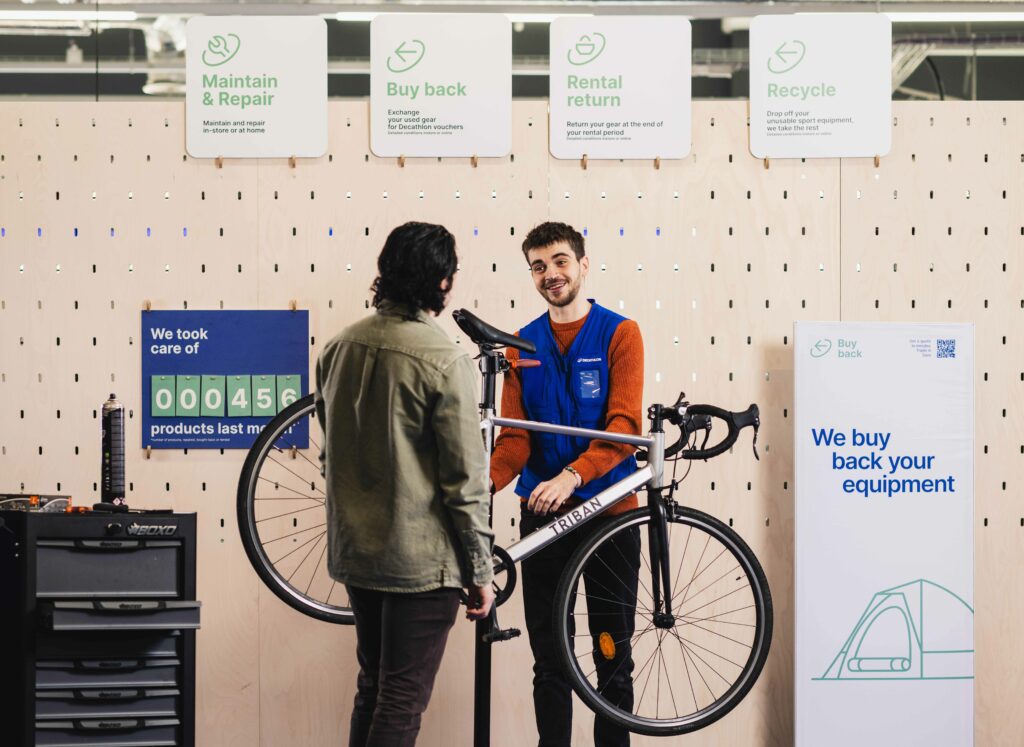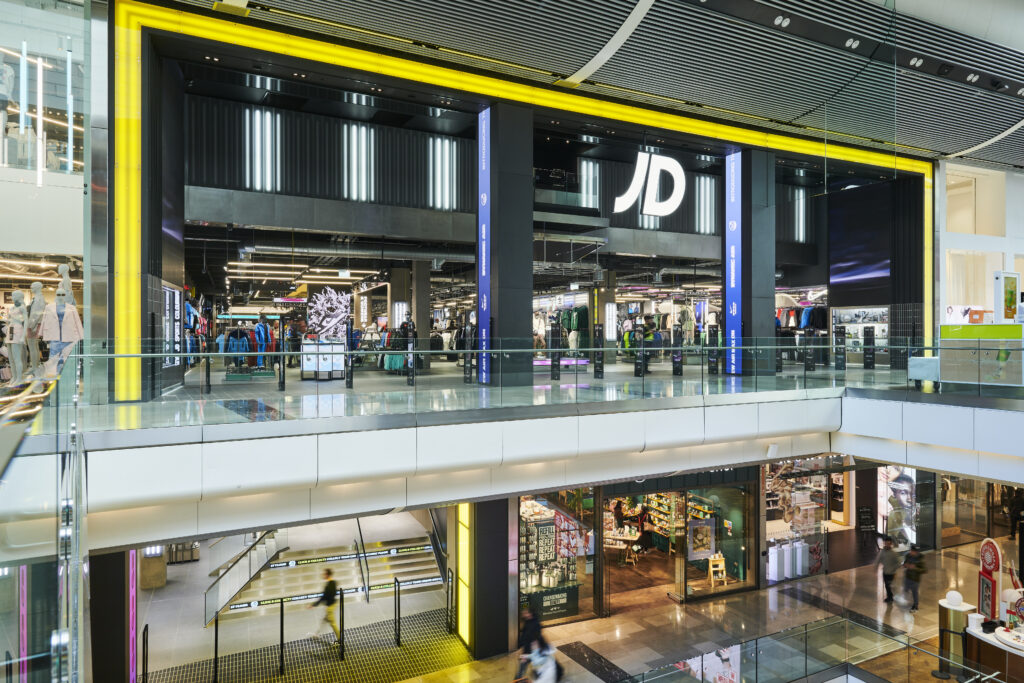In my previous article ‘Hop on the tube and grab me a pint of milk?‘ I looked at how retailers are using new technologies to engage with customers whilst they travel, and how it‘s impacting their shopping habits. This month, I would like to look at how retailers are beginning to prepare online for Christmas – what are the benefits of planning early, what lessons can be learnt from last year, and tips on best practice.
The Olympics were spectacular but failed to produce the much-needed boost to the UK retail sector. People who were watching the Games on TV, or following online, were not visiting shops or retail websites. As a result, most online retailers are rightly turning their attention to Christmas 2012 in a bid to turnaround profits.
September has traditionally been the month when retailers kick start their Christmas activity early, with some even putting up decorations in store. The festive season is crucial to online retailers, and, for all bar DIY and gardening retailers, is when they will see sales peak. In fact, online retailers that don‘t embrace the festive season early are the ones that run the risk of being left behind in the race for sales. Figures from the IMRG Capgemini e-Retail Sales Index show that shoppers in the UK spent £6.8 billion online last Christmas, with the Index reaching a record high. This Christmas season has the potential to be even busier for online retailers thanks to the growth in mobile technology, making the shopping experience even quicker and more convenient.
Traditionally the peak time for online sales is the first week of December, after the November pay cheque. However, pre-Christmas trading will require particular attention this year as shoppers – aware of the difficult conditions faced by retailers – wait for the promotions to begin early. The same pressures have also reduced the January sale to a thing of the past, as retailers launch their sales on Boxing Day, or even on Christmas itself, to attract online customers. Price conscious customers are responding, barely finishing off their Christmas turkey before turning to the internet to take advantage of the early sales. So with this in mind, what should retailers be doing now to prepare for such a crucial time?
UK consumers have become very savvy, out of both need and convenience – we‘ll hunt down the best bargains online to get the most out of our Christmas budget, but also because we can, easily and conveniently. This may be ensuring they get the best price on offer at the online or physical stores, or reacting to incentives through mobile marketing or social networks. The ability to browse and shop is always available via this technology, and consumers have become adept at switching between the channels as opportunities emerge.
People want choice and continually demonstrate their willingness to switch channels to suit their specific circumstances and secure the best deal for themselves. The shopping behaviour displayed by the agile consumer reinforces the importance to retailers of offering a multichannel solution. Anyone focusing too heavily on a single channel is certain to miss out on opportunities for engagement as and when they arise.
Retailers, such as John Lewis, M&S and ASOS, have adapted accordingly, embracing the opportunity new technologies offer them in connecting with potential customers. One of the biggest developments has been mobile, which allows consumers to research and compare products while on the move. This channel has been key to the evolution of today‘s ‘agile consumer‘, who is able to react to developments and structure their journey accordingly. 24 hour shopping availability has stimulated a rise in the sophistication of the shopping process for UK consumers.
With this in mind, this could well be the year that mobile really has an impact on Christmas sales activity. According to IMRG Capgemini e-Retail Sales Index,
RELATED STORIES

















